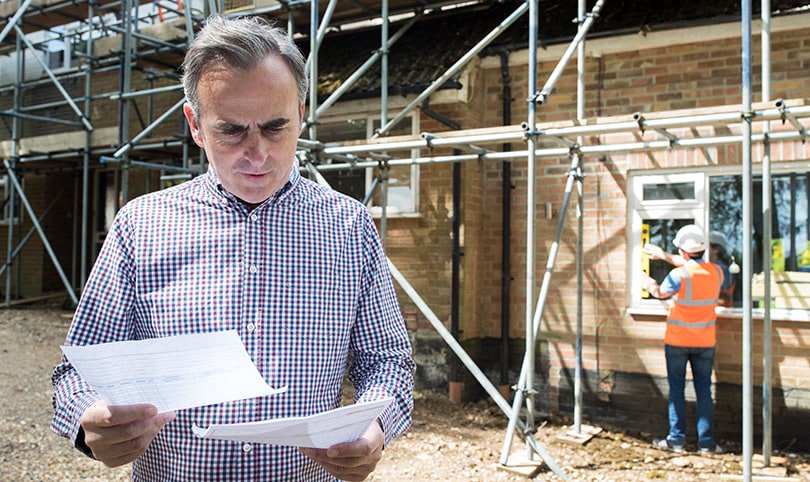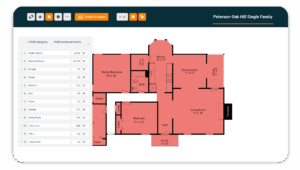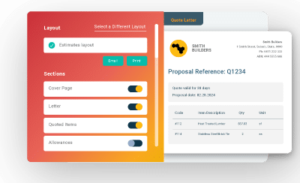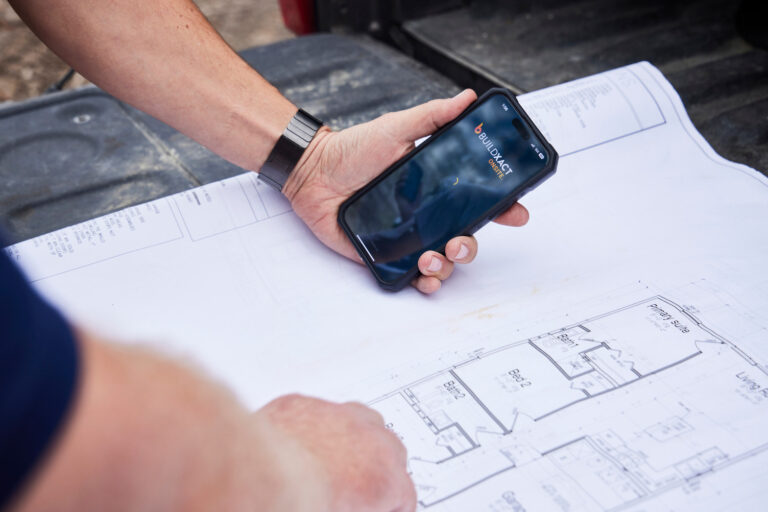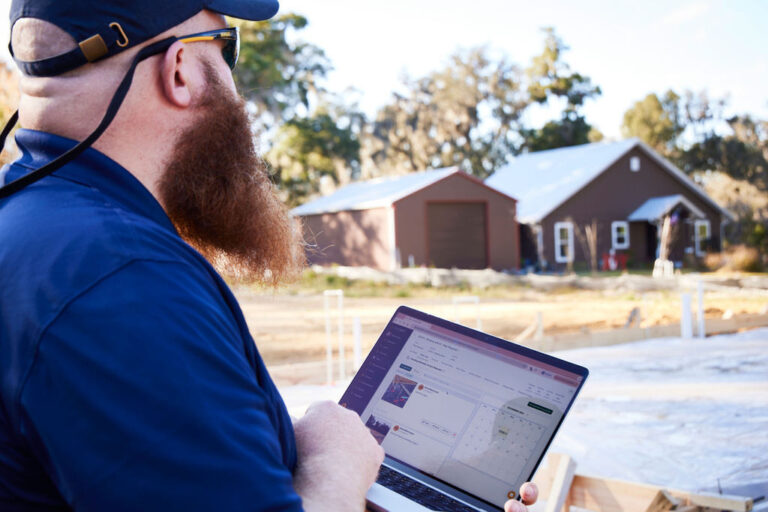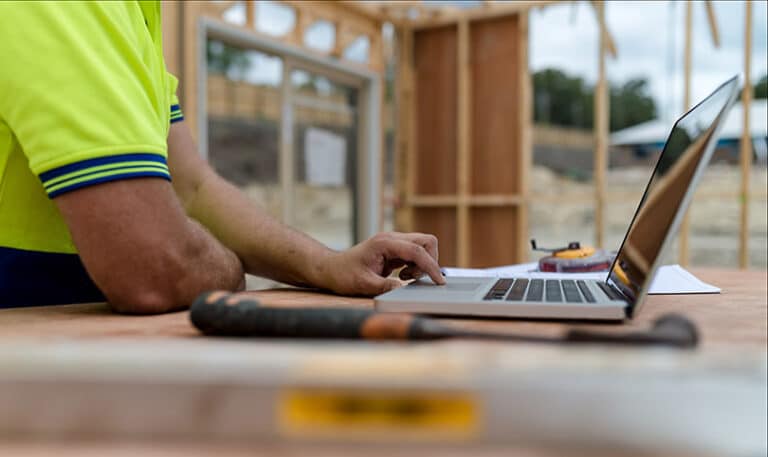3 minute read
When estimating the costs of a construction project, builders and remodelers need to include all of the construction costs of the project which are traditionally separated into two types: hard costs and soft costs.
Estimating construction project costs starts with a careful review of the project documents to determine the amount of work in a project. It’s important to stay within your construction budget. Knowing what are considered soft costs and hard costs will help. The difference between hard vs soft costs is simple and we’ll go into detail here.
Many residential builders and remodelers use estimating and material takeoff software to quantify the work and price direct construction costs. Many times, construction professionals will forget to include things like bank transaction fees, inspection fees, engineering fees, site work expenses, professional liability insurance, among other things. It’s also important to consider what local and state agencies require to remain in compliance.
Here we will explore the difference between these two types of costs, give some examples of soft costs, and explain why soft costs need to be included in budgets. One thing all construction professionals should be aware of is which tax credits they are eligible for
Construction hard costs
It’s actually easier to define soft costs in construction by looking at their opposite: hard costs. This will give you a better idea of what are considered soft construction costs.
Hard construction costs, or a hard cost (sometimes also referred to as brick and mortar costs), refers to anything considered direct construction costs. Any expenses from the construction of a building or project that are caused by the process of construction. They include the materials, equipment, labor, and other expenses needed for the construction of a project. Lumber, steel, plumbing, electrical, and masonry costs are all examples of hard costs.
A hard cost generally occurs only during construction. There may be some early expenses to purchase materials or mobilize contractors, but the majority are incurred while the work is ongoing. It’s important for construction projects to run on schedule so labor costs remain at the estimated amount.
Construction soft costs
Soft costs are all of the other expenses involved in a construction project that do not deal with the physical construction or process of construction. Most of these costs are for non-tangible items, such as services, fees, and insurance.
Construction soft costs include engineering, permits paid, marketing, and project management expenses. Soft costs are incurred from the preplanning stage of a project to post-occupancy and beyond.
Examples of soft costs
Depending on the type of project and scope of work, the types of soft costs for a specific project may differ. For example, a small remodel that includes only painting and flooring will probably not require design fees or permits. While a new building with tenant spaces to lease will have soft costs including marketing, insurance, permits and other development costs.
Here are some examples of soft costs typically found on construction projects:
Design:
Architecture, design fees, and engineering costs are included in soft costs. These fees pay for design services and may include designers, engineers, interior decorators, and other design consultants.
Permits and surveys:
More extensive remodels and renovations will require building permits and plan reviews by the local jurisdiction. The project may also require a survey of the property to determine elevations and property lines, which is considered a soft cost.
Rentals:
Rentals on a job site can include both equipment and office space. You might use mobile trailers or Conex boxes for material storage and workspace. Equipment may include forklifts, man lifts, scissor lifts, and other equipment.
Financial and insurance:
All projects require insurance to protect the builders, contractors, and workers. This insurance usually includes property insurance, general liability insurance, workers compensation, and builders risk coverage to protect the project during construction. There may be other financial–related expenses such as bonds and accounting services that are expensed to the project.
Project management:
Overall project management costs, which might include computer data equipment, are soft costs. This may include expenses for a project manager or an independent owner representative. Project management services provided by the general contractor can also be included here or may be considered part of hard costs.
Marketing:
Any expenses by the owner to advertise the new building or recruit employees or tenants is included as a soft cost in the budget. This could include advertising, signage, flyers, banners, etc. Read more: 10 ways to market your residential construction business
Post-construction:
Post-construction expenses, such as those involved with moving in, building lifecycle maintenance, change of tenants, and other post-occupancy expenses, may be included in the budget. Some budgets may project these expenses over time to determine when you get your return on investment.
Security and safety staff:
You should prioritize the safety of your employees and construction materials and equipment by hiring a team to keep everyone and everything protected. This temporary staffing might account for a significant portion of your budget, but it is a wise investment. Safety consultants can also help ensure it is a safe working environment and provide best practices to avoid injuries directly related to the job. Not doing so, could lead to an unnecessary legal process that cuts into your bottom line. The construction industry can be a dangerous one, so sometimes it’s better to incur additional soft costs to help prevent bigger ones due the nature of the work. Always take time to asses other soft costs that might be beneficial preventative measures. These are common soft costs, but there are others that you should always consider.
Construction loan commitment fees:
Don’t overlook loan-generated interest, bank transaction fees, and accounting expenses. Almost every financial transaction includes some type of fee.
Legal Fees:
If for any reason you have to incur legal fees, this would be considered a soft cost. It never hurts to prepare for the worst, so having some money allocated for it is a good idea.
Including soft costs in your project budget
When developing an estimate for a construction project, you should include both hard costs and soft costs. It’s the only way to truly estimate the cost of a project which in turn impacts your profit later down the track.
Soft costs typically are important to include in project budgets because they can make up 25 – 50% of the total project budget. Quantifying them early in the project is also important so you can calculate your final project delivery return on investment.
Ready to learn more?
Construction management software, like Buildxact, helps you estimate what are considered soft costs and hard costs, so you can quickly and easily develop more accurate cost estimates.
Book a demo to see how Buildxact can transform your residential construction business, or get started with a 14 day free trial.




